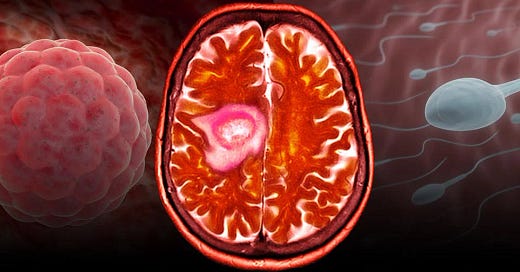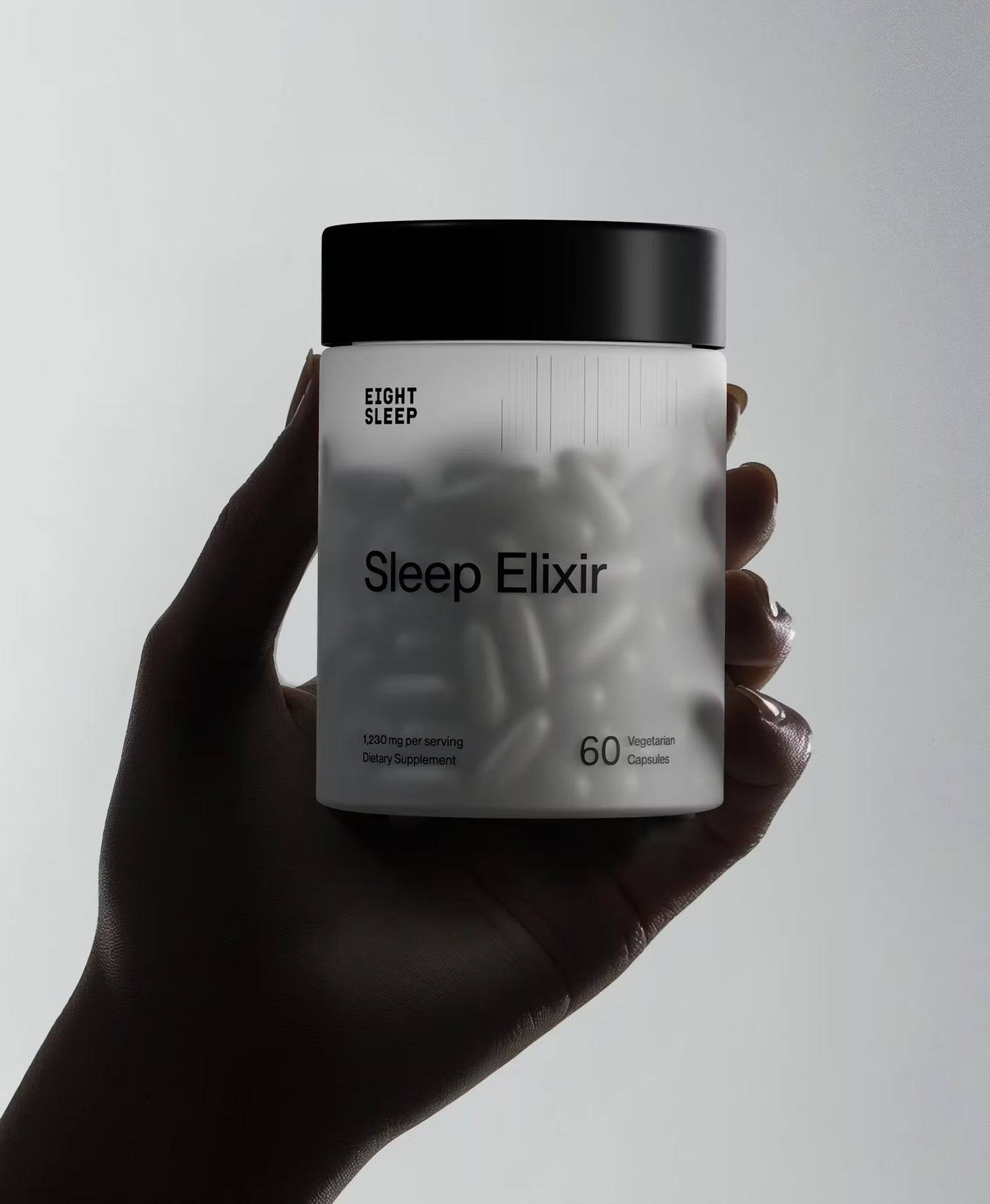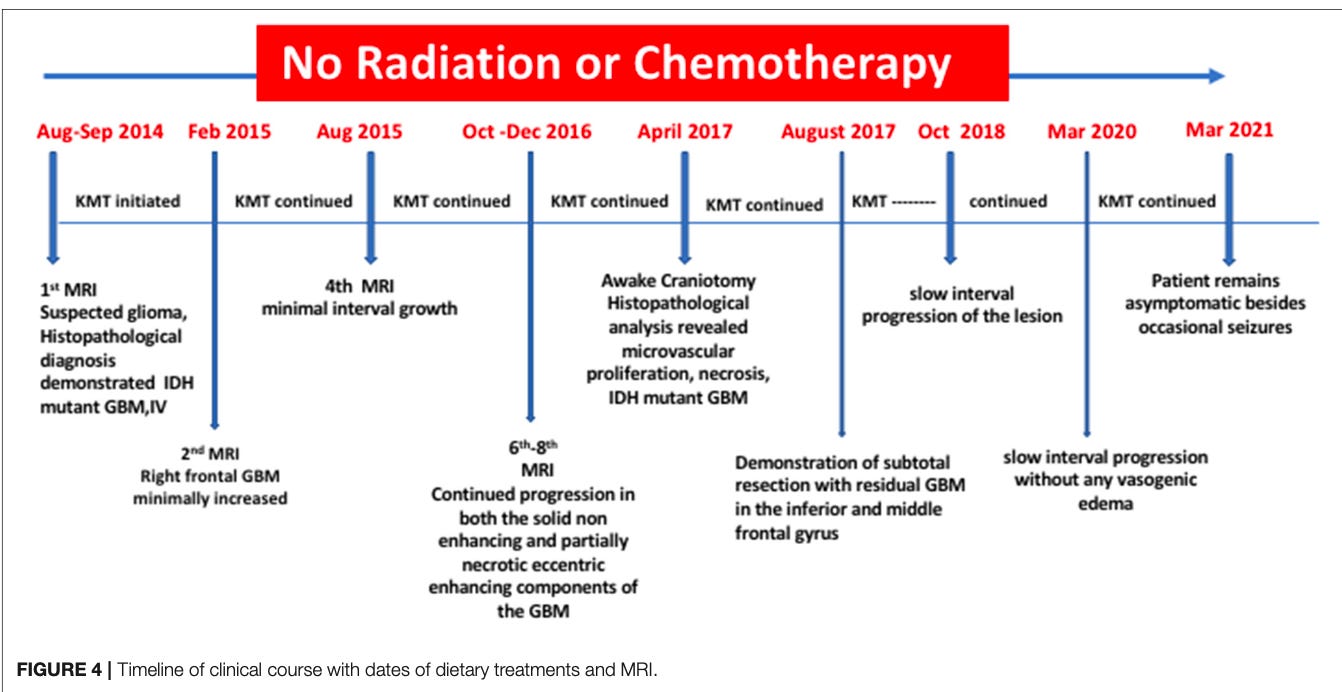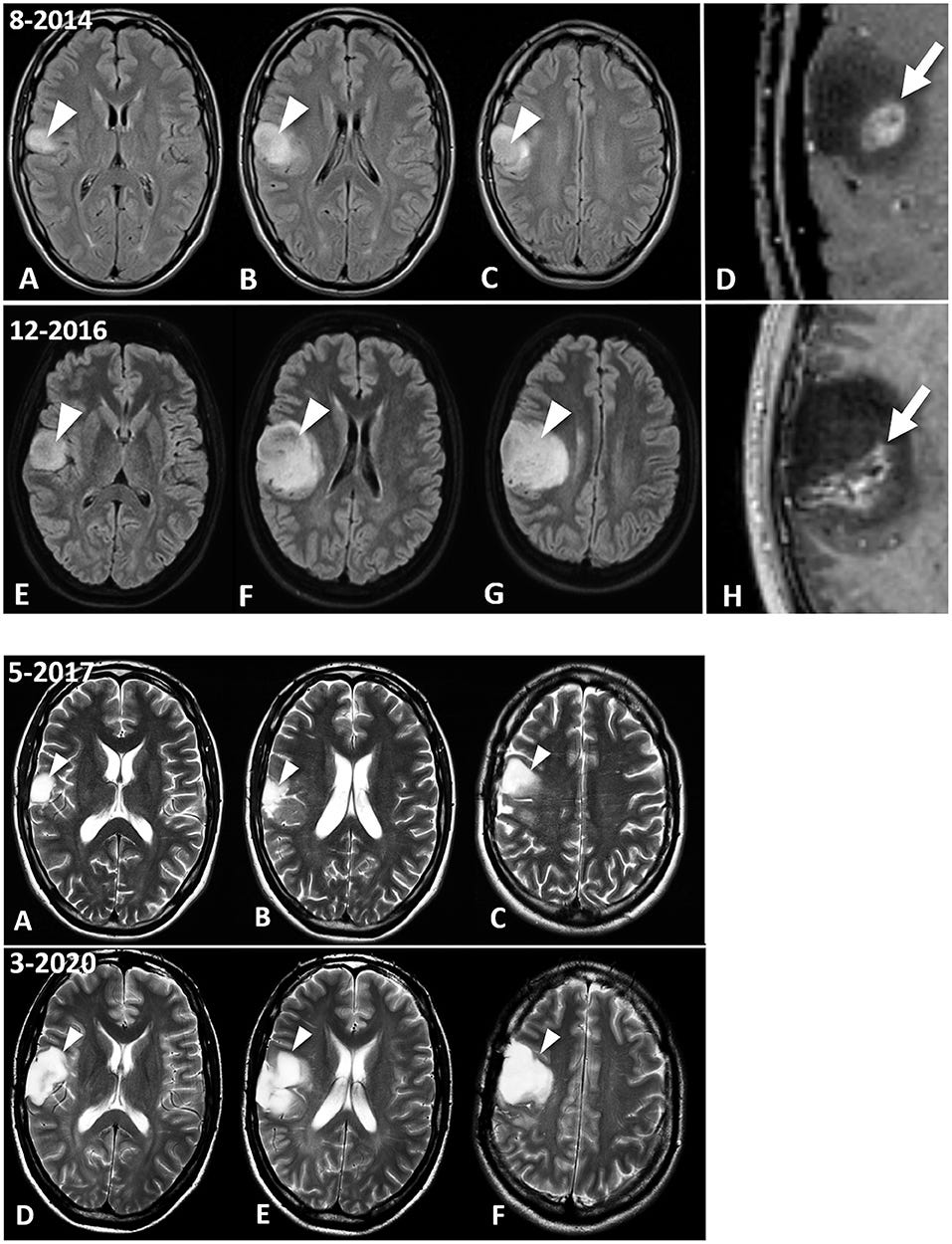Neuro Athletics is a 2 x weekly newsletter that breaks down the medical and scientific practises that you need to perform at your peak. Subscribers include professional athletes, athletic trainers, coaches and casual fans. So if you are not already a subscriber, sign up and join 69,000+ others who receive it directly in their inbox each
Story at a Glance:
Patients on a ketogenic diet had an 8x higher survival rate in glioblastoma compared to those who didn’t follow the diet.
The ketogenic diet exploits glioblastoma’s metabolic vulnerability, starving cancer cells by limiting glucose availability.
Despite its promise, adherence to the diet remains a challenge, highlighting the need for further research and patient support.
Neuro Athletes,
I’ve spent countless hours in operating rooms, monitoring brain function during neurosurgeries—spinal procedures, tumor resections, and most commonly, glioblastomas. As a neurophysiologist, I’ve witnessed firsthand the devastating toll this disease takes on patients and their families. The bleak survival rates, the grueling treatments, and the rapid progression make glioblastoma one of the most challenging cancers to manage.
But what if there was a way to shift the odds in the patient’s favor?
A groundbreaking study recently published in Frontiers in Nutrition suggests that a ketogenic diet (KD) may dramatically improve survival rates in patients battling glioblastoma.
Today’s Newsletter Is Brought To You By Eight Sleep
I’ve been testing Sleep Elixir for a while now, and it’s quickly become a non-negotiable part of my nighttime routine.
Formulated with Valerian Root, Tart Cherry, L-Tryptophan, and Ashwagandha, it’s designed to optimize sleep architecture—helping you fall asleep faster, stay asleep longer, and wake up feeling refreshed, not groggy.
The best part? No melatonin, no dependency—just scientifically backed ingredients that work with your body’s natural sleep processes.
If you’re serious about performance, recovery, or just getting better sleep, this is worth looking into.
Ketogenic Diet and an 8x Increase in Survival
The study followed 18 glioblastoma patients, of whom six adhered to a strict ketogenic diet for over six months. The results were striking:
66.7% of patients on a ketogenic diet survived beyond 3 years
Only 8.3% of those who did not follow the diet reached the 3-year mark
That represents nearly an 8x improvement in survival, a statistically significant finding (p = 0.0114), highlighting the potential of metabolic therapy as an adjunct to traditional glioblastoma treatments.
Understanding Glioblastoma’s Metabolic Weakness
Glioblastoma isn’t just a genetic disease—it’s also a metabolic one. Unlike healthy brain cells, which can use ketones for energy, glioblastoma cells rely almost entirely on glucose due to faulty mitochondria.
This is called the Warburg effect, and it makes these cancer cells more vulnerable to treatments that reduce glucose availability.
The ketogenic diet lowers carbs, forcing the body to use ketones instead of glucose for energy. This shift may starve glioblastoma cells, which rely on glucose, while protecting healthy brain cells, reducing inflammation, and enhancing the effects of chemotherapy and radiation.
Clinical Findings: More Than Just a Survival Advantage
Beyond prolonging survival, the study reported additional benefits among patients adhering to a ketogenic diet:
Reduced Tumor Progression: Several patients showed no evidence of disease progression even years after diagnosis.
Enhanced Quality of Life: Patients on the ketogenic diet maintained better functional status, with some returning to work and daily activities.
Better Metabolic Control: Unlike standard treatments, which often spike blood glucose levels (fueling tumor growth), a ketogenic diet kept glucose low and ketones elevated, creating an environment inhospitable to cancer.
No Significant Side Effects: The diet was well-tolerated, with only mild gastrointestinal issues reported in some cases.
Challenges and Future Directions
The biggest challenge? Sticking to the diet. Out of 18 patients, only six managed to stay on it for more than six months. The main reasons? Strict food restrictions, lack of support, and skepticism about whether it actually works.
And while the ketogenic diet shows a lot of promise, it’s not a cure on its own. The real opportunity is in combining it with other metabolic interventions—like glutamine restriction or fasting-mimicking diets—to enhance standard treatments.
The key moving forward? Personalization. We need to dial in protein intake, nutrient density, and proper implementation so this isn’t just an extreme diet—it’s a real, sustainable therapy.
The Research is So Compelling—Let’s Look at Another Study
In a separate case study published in Frontiers in Nutrition, researchers documented an 80-month survival in a patient with IDH1-mutant glioblastoma who followed a ketogenic diet without chemotherapy or radiation. This patient, diagnosed in 2014 at the age of 32, declined conventional treatments and instead implemented a strict ketogenic metabolic therapy, maintaining a glucose-ketone index (GKI) near 2.0.
The tumor grew at an unusually slow rate, with no major vasogenic edema.
After surgical debulking in 2017, the patient continued with a ketogenic diet, remaining alive and functional as of 2021.
The study suggests that therapeutic ketosis, combined with the IDH1 mutation’s metabolic effects, may work synergistically to inhibit glycolysis and glutaminolysis—two major energy pathways for glioblastoma growth.
This remarkable survival highlights the metabolic vulnerabilities of glioblastoma and supports the potential for a ketogenic approach, even without standard cancer treatments.
Clinical Implications: Why This Matters
The accumulating evidence suggests that ketogenic metabolic therapy (KMT) could serve as a non-toxic, adjunctive treatment for glioblastoma. The findings from these two studies underscore several important takeaways:
Glucose restriction is a key vulnerability in glioblastoma: The Warburg effect creates an opportunity to target tumor metabolism with dietary interventions.
Long-term survival is possible without chemotherapy and radiation: While these treatments remain the standard of care, metabolic therapies can significantly contribute to disease management.
More clinical trials are needed: Given the compelling data, larger studies should investigate ketogenic therapy in glioblastoma patients, including those without IDH mutations.
The Future of Metabolic Oncology
We’re at the frontier of a new paradigm in cancer treatment—one that recognizes cancer’s metabolic vulnerabilities as targets for intervention. I’ve seen glioblastoma up close. I’ve monitored the brains of patients while surgeons remove these tumors, knowing that recurrence is almost inevitable. But with tools like the ketogenic diet, we might finally be able to give these patients a fighting chance.
This research should not be ignored. As metabolic therapy gains traction, oncologists and neurosurgeons alike must consider its role in extending survival and improving quality of life for glioblastoma patients. The fight against glioblastoma isn’t just about cutting-edge drugs—it’s about understanding and harnessing the body’s own biology to resist the disease.
Until next time,
Louisa x








I was coauthor on the paper describing the case of the long-term survivor. https://www.frontiersin.org/journals/nutrition/articles/10.3389/fnut.2021.682243/full
It's crucial to understand that his exteneded survival and ability to avoid any conventional care aside from surgeries rests on a beneficial tumor mutation known as IDH1. This is more common in people who are diagnosed at a younger age. Unfortunately, Pablo died as the result of a brain bleed post resection surgery in the summer of 2024, 10 years after initial diagnosis.
It makes me think of posts I have seen on social media of individuals having chemotherapy while drinking a sugar ladened cola. If only people knew the damage that's doing to their health.